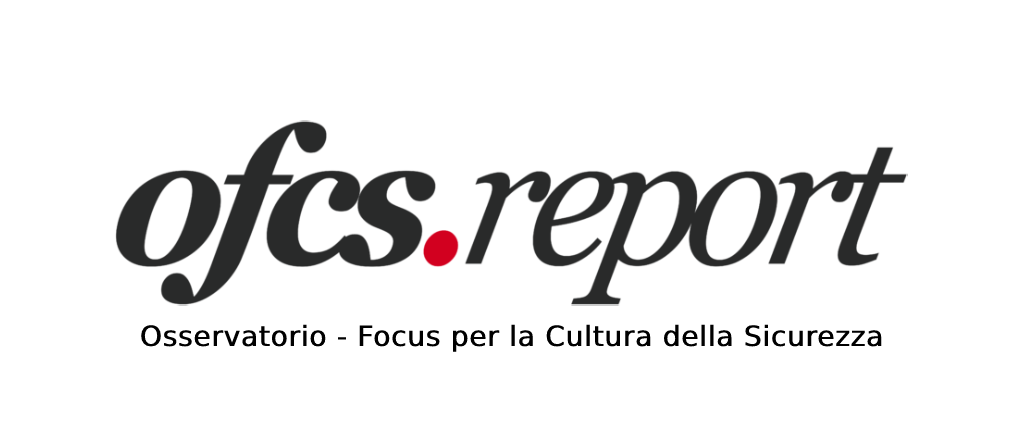Colombia in Crisis: The Rise of Drug Trafficking and the Collapse of the State Under Petro’s Government.
The administration of Colombian President Gustavo Petro has promoted a more dialogical and less repressive approach to drug policy, creating a power vacuum exploited by armed groups and criminal organizations. In this context, Petro’s alliances with leftist subversive groups, as well as his relationship with Nicolás Maduro’s regime, have contributed to strengthening drug trafficking from Colombia, using maritime, land, and air routes to Brazil, Ecuador, and Venezuela. On the other hand, President Petro condemns Israel’s actions against terrorism but does not take responsibility for the violence, corruption, and deaths generated by cocaine production. The presence of coca cultivation in Mexico, Guatemala, Belize, and Honduras is a result of the weakness of international police in addressing impunity and the presence of transnational criminal organizations.
In a highly questioned measure, the Biden administration suspended satellite monitoring of coca cultivation in June 2023, which had been ongoing for years. This monitoring was suspended at a time of historic growth, rapidly surpassing previous coca cultivation numbers. According to Colombian police figures, by the end of 2023, coca cultivation exceeded 250,000 hectares while less than 20,000 hectares were eradicated. This area is three times the size of New York City, illustrating the magnitude of these crops. The reality is that we see drug interdiction efforts against cocaine shipments all over the world.
Alliances with Subversive Groups: La Nueva Marquetalia, a dissidence of the FARC, along with the ELN and the Clan del Golfo, have benefited from the lack of a clear and effective policy to control drug trafficking. These groups have consolidated their power in Colombian territory, facilitating coca cultivation and production, and expanding their operations into neighboring countries. The strengthening of subversive groups has allowed drug trafficking to intensify, taking advantage of instability and the weakness of the state.
The Relationship with Nicolás Maduro: Petro’s soft approach toward Maduro’s regime has allowed trafficking routes to diversify, aiding the growth of the Cartel de los Soles, an organization that combines drug trafficking with political power in Venezuela. This situation has facilitated the transit of drugs to international markets, exploiting corruption and lack of control at the borders.
Transnational Gangs in Ecuador: In Ecuador, the growing influence of organizations such as Los Choneros and Los Lobos has transformed these gangs into transnational actors in drug trafficking. Their capacity to operate on a large scale has been reinforced by collaboration with Colombian groups, allowing a steady flow of drugs to the United States and Europe.
Route Displacement: The reconfiguration of trafficking routes has been driven by the lack of effective control in Colombia, allowing criminal groups like the ELN and FARC dissidents to establish stronger connections with organizations in Ecuador and Venezuela. This has led to a significant increase in drug trafficking through these nations.
Crisis of Trust and Social Discontent: Despite Petro’s promises to change drug policy, the lack of concrete actions has generated distrust among coca-producing communities. This has led many growers to seek alliances with drug trafficking groups, thus reinforcing the cycle of drug production and trafficking.
Conclusion: Since Gustavo Petro came to power, there has been a significant weakening of Colombian state institutions, allowing drug trafficking and criminal groups to flourish in Colombia, Ecuador, Venezuela, Mexico, and Honduras. Today, the amount of coca, opium, and marijuana cultivation exceeds levels seen during the cartel era, reflecting a crisis in drug trafficking control. Air routes, including planes and ghost flights, have become a serious problem, facilitating the transport of drugs to international markets. The government’s alliances with subversive actors and its approach to Maduro’s regime have created a favorable environment for drug trafficking, injecting resources into the Venezuelan regime and consolidating the power of criminal organizations in the region. Without a clear and effective strategy to address these challenges, Colombia risks becoming an even more significant launching point for global drug trafficking, with dire repercussions for security and development throughout Latin America. The United States, particularly under President Biden’s administration, has remained reserved about the reality of coca and cocaine overproduction in Colombia, possibly under the pretext of maintaining military presence to deter leftist growth in Colombia. The rest of the international community only mentions the problem of violence caused by trafficking when directly affected. Meanwhile, Colombian cocaine maintains its presence around the world.
By: William L. Acosta NYPD Ret. and Jesús Romero US Navy Ret.








